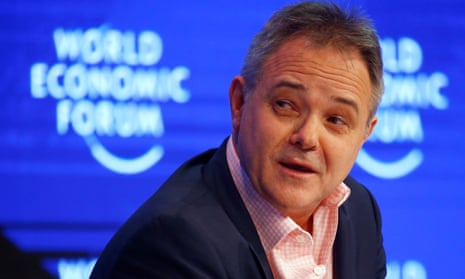Hundreds of key research projects aimed at tackling some of the world’s major problems – from antimicrobial resistance to the climate crisis – will have to be cancelled or cut back thanks to budget cuts imposed by the government.
Last week, the UK Research and Innovation (UKRI) agency – which controls science funding in Britain – told universities that its budget for international development projects had been cut from £245m to £125m.
The move has incensed leading researchers, who say it will erode Britain’s ability to make key contributions to improving world health and battle the climate crisis. Jeremy Farrar, director of the Wellcome Trust, said the news was “very concerning” while Professor Alan McNally, of the institute of microbiology and infection at the University of Birmingham, described the cuts as devastating.
“This is the only avenue we have had for meaningful funding of antimicrobial resistance research in countries where the research needs to be done,” he said.
Bob Ward, policy director at the Grantham Research Institute on Climate Change and the Environment, told the Observer that the cuts immediately undermined the chancellor’s budget pledge to make the UK a scientific superpower.
“This reckless and shortsighted act could create a gaping hole in the UK’s climate research, just as we prepare to host the crucial Cop26 UN summit later this year,” he added.
The cuts are the result of the government’s decision to reduce its international aid budget from 0.7% of gross national income to 0.5%. This cutback has meant that reductions had to be made in development assistance spending at the Department for Business, Energy and Industrial Strategy (BEIS) – which funds UKRI.
In his letter to universities last week, the UKRI’s international champion, Professor Christopher Smith, admitted the cuts would have “whole-system impacts in the UK and overseas”. He pledged that the agency would work closely with universities to make best use of the limited funds it now possessed, but warned that it was “unavoidable that some grants will need to be terminated”.
Most of the development budget that is spent through the UKRI goes to a programme called the Global Challenges Research Fund, which was set up in 2016 to find creative solutions to some of the biggest issues facing low- and middle-income countries, in collaboration with local experts. These include projects to tackle dementia and neglected tropical diseases, and generate electricity in impoverished regions.
